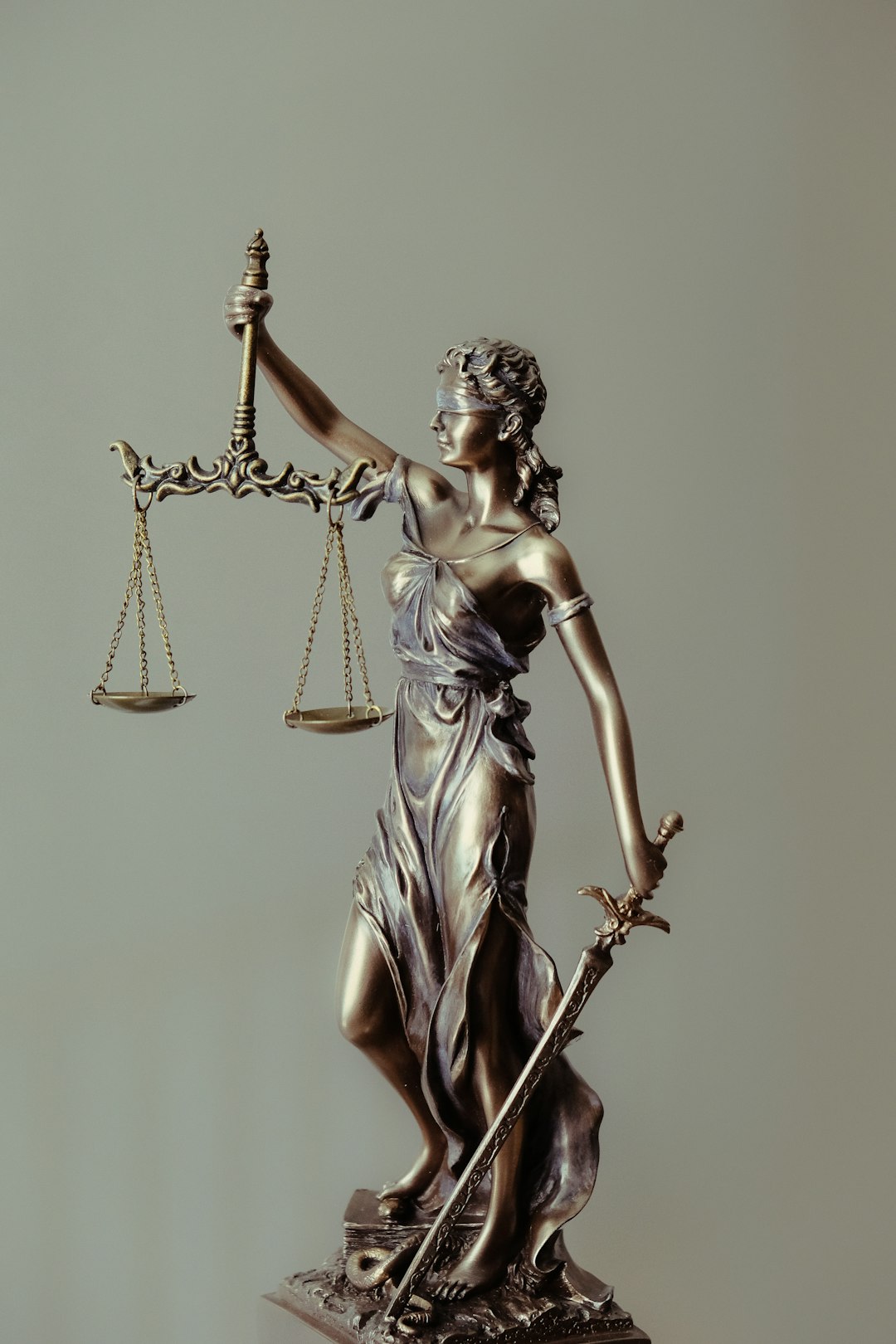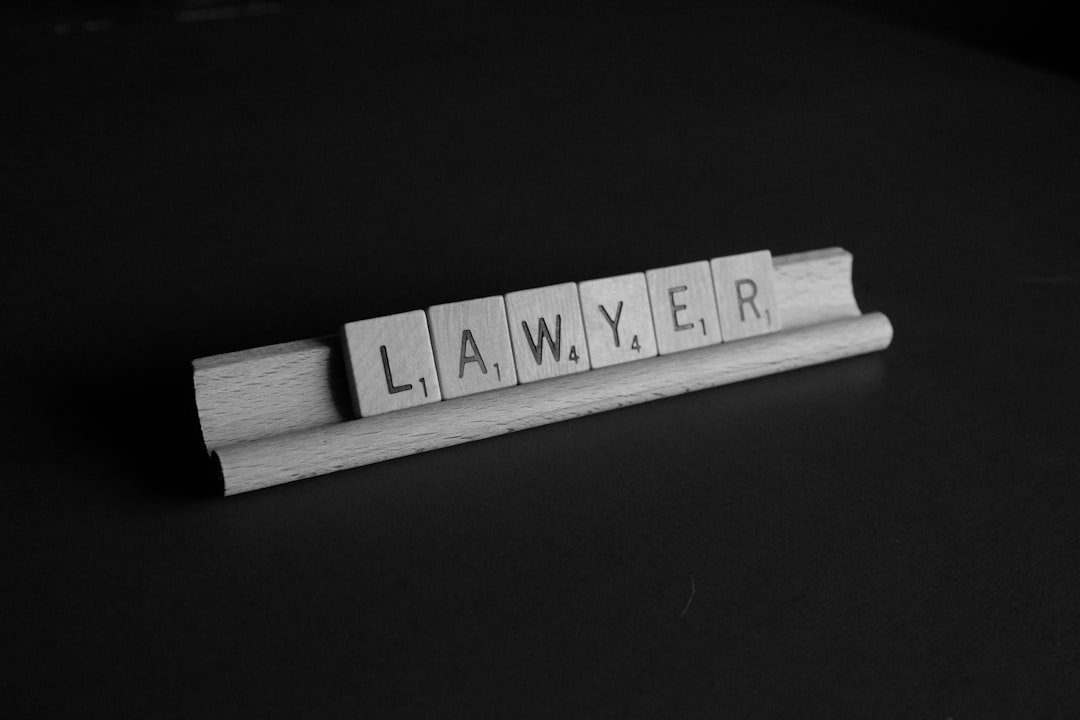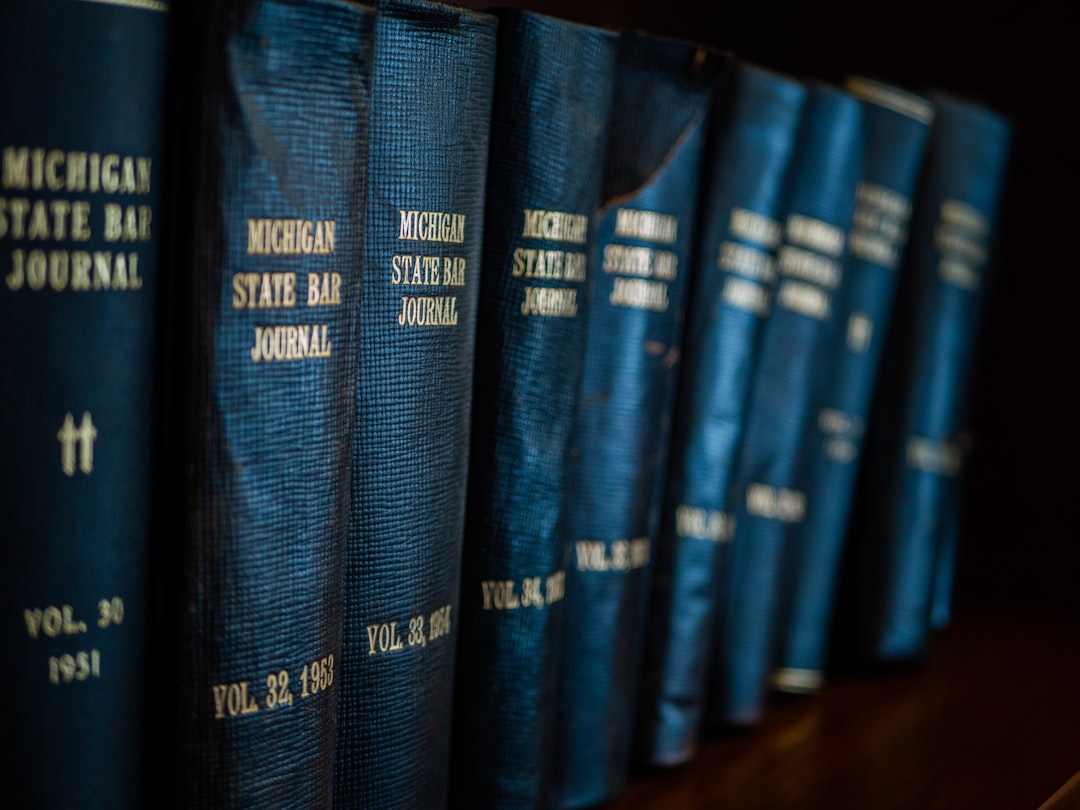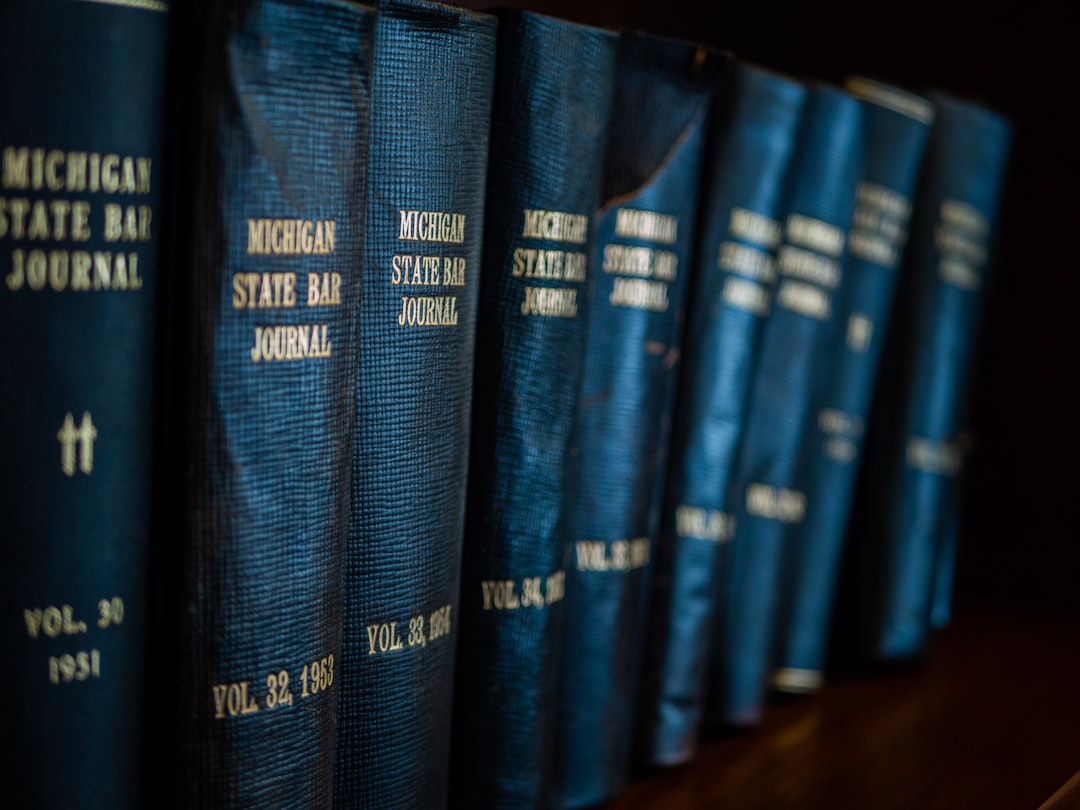Jersey City schools prioritize sexual abuse prevention through open dialogue, robust policies, and collaborative efforts. Key strategies include mandatory staff training, age-appropriate education, reporting protocols, and trauma-informed care. Programs like "Second Step" teach boundaries and consent, while peer support networks offer safe spaces. Sexual abuse attorneys Jersey City NJ guide best practices, ensuring legal frameworks are integrated into school operations for comprehensive protection. Community engagement, workshops, and partnerships further enhance vigilance and proactive protection against sexual abuse.
In Jersey City, as across the nation, addressing sexual abuse within educational institutions is a pressing concern. Schools serve not only as places of learning but also as environments where vulnerable young individuals may be at risk. Given the profound impact of sexual abuse, understanding the role schools play in prevention is paramount. This article delves into the multifaceted strategies and initiatives implemented by Jersey City’s educational institutions to safeguard students, collaborating closely with sexual abuse attorneys NJ for comprehensive protection. By examining these efforts, we aim to highlight best practices and contribute valuable insights for fostering safer learning environments.
Understanding Sexual Abuse Dynamics in Schools

Jersey City schools play a pivotal role in sexual abuse prevention by fostering an environment that encourages open dialogue about sensitive topics. Understanding the dynamics of sexual abuse within educational settings is crucial for addressing this complex issue effectively. According to recent studies, schools serve as significant spaces where inappropriate behavior can either be prevented or identified early through proactive measures. A sexual abuse attorney Jersey City NJ highlights the importance of recognizing various forms of abuse, including peer-to-peer harassment, exploitation, and manipulation, which often occur behind closed doors.
Educational institutions must implement robust policies and programs that educate both students and staff about consent, personal boundaries, and healthy relationships. These initiatives should be age-appropriate and culturally sensitive, ensuring that all learners feel empowered to speak up against any form of abuse. For instance, schools can organize workshops led by trained professionals who can discuss real-life scenarios, dispel myths, and provide practical strategies for reporting and handling incidents. By integrating such programs into the curriculum, schools can create a culture of awareness and accountability.
Moreover, fostering strong teacher-student relationships and encouraging open communication can act as deterrents against sexual abuse. Teachers and staff should be equipped with the knowledge to identify red flags and subtle signs of distress in students, prompting early interventions. Regular training sessions focusing on recognizing behavioral changes, understanding power dynamics, and reporting procedures are essential. A successful prevention strategy involves every stakeholder—from administration to support staff—working collaboratively to create a safe, supportive, and inclusive learning environment.
Legal Framework: Jersey City's Policies & Regulations

Jersey City, like many urban areas, faces complex challenges in preventing and addressing sexual abuse within its school system. The legal framework governing this issue is a critical aspect often overlooked but of paramount importance. Schools in Jersey City operate within a stringent network of policies and regulations designed to safeguard students from various forms of abuse, including sexual misconduct by staff, peers, or third parties. These measures are not just guidelines; they are legal obligations that schools must adhere to, ensuring the safety and well-being of their students as mandated by New Jersey state law.
The city’s educational institutions have implemented robust policies that include comprehensive student handbooks, clear codes of conduct, and anti-bullying initiatives. All staff members, from teachers to administrators, are required to undergo mandatory training on recognizing and reporting suspected abuse. These policies often incorporate detailed protocols for handling incidents, including immediate notification to relevant authorities, such as law enforcement and child protection services, a step that is crucial in any sexual abuse case. Moreover, Jersey City has embraced technology to enhance safety, utilizing digital tools for parent-school communication and monitoring systems to deter and detect potential risks.
However, the effectiveness of these measures relies heavily on proper implementation and enforcement. Sexual abuse attorneys in Jersey City NJ emphasize the need for schools to stay vigilant, conduct thorough background checks on employees, and foster a culture where students feel comfortable discussing sensitive issues. Regular reviews of existing policies and staying updated with state regulations are essential to ensure schools maintain a safe environment. By integrating these legal frameworks into their operational fabric, schools can significantly contribute to preventing sexual abuse and ensuring justice for victims.
Training Teachers: Recognition & Reporting Techniques

Jersey City schools play a vital role in safeguarding students from sexual abuse, with comprehensive training programs designed to empower teachers as key allies in this critical mission. Teacher training in recognition and reporting techniques is an essential component of this effort. Unfortunately, many educators may not be adequately equipped to identify or respond to signs of sexual abuse, leading to delays in intervention that can have severe consequences for victims. This is where the expertise of a sexual abuse attorney Jersey City NJ becomes invaluable, providing guidance on best practices and legal obligations.
Training programs should cover a range of topics, including recognizing behavioral changes that may indicate abuse, understanding the impact of trauma on young individuals, and learning effective communication strategies to foster open discussions about sensitive issues. For instance, teachers can be taught to look for abrupt changes in academic performance, sudden withdrawal from social activities, or unusual behavior in the classroom as potential indicators. These signs might not always point to sexual abuse, but they warrant further investigation, which is where proper training becomes transformative. By equipping educators with these skills, schools can create an environment that encourages students to come forward and seek help without fear of judgment or reprisal.
Practical insights for such training should emphasize the importance of confidentiality, teaching teachers how to maintain sensitive information while ensuring student safety. Additionally, role-playing scenarios can be powerful tools to simulate real-life situations, allowing educators to practice their responses and gain confidence in handling reports of sexual abuse. These simulations not only enhance awareness but also promote a culture where every teacher takes responsibility for the well-being of their students. With effective training, Jersey City’s schools can become safer spaces, fostering resilience among students and empowering them with knowledge about their rights and resources available to protect them from sexual abuse.
Community Engagement: Parent Education & Awareness

Schools in Jersey City play a pivotal role in sexual abuse prevention through robust community engagement strategies focused on parent education and awareness. This involves regular workshops, seminars, and information sessions aimed at equipping parents with knowledge to identify potential risks and protect their children. A key component is educating parents about the dynamics of sexual abuse, including modern tactics used by perpetrators targeting vulnerable youth. For instance, schools partner with local sexual abuse attorneys in Jersey City NJ to conduct awareness campaigns that highlight legal protections available to victims and the importance of immediate reporting.
Beyond informational sessions, schools foster community engagement through parent-teacher associations and community forums where discussions on safety measures and support systems are prioritized. These platforms encourage open dialogue, allowing parents to share concerns, exchange best practices, and collectively advocate for policies that enhance child safety. Data suggests that such collaborative efforts significantly reduce incidences of sexual abuse by raising collective vigilance and fostering a culture of proactive protection.
Practical advice for parents includes attending regular school events, participating in parent training programs, and staying actively involved in their children’s digital lives. Parents should also familiarize themselves with the resources offered by local non-profit organizations specializing in child safety and sexual abuse prevention. Collaboratively, schools, parents, and legal experts can create a comprehensive safety net that not only prevents sexual abuse but ensures swift intervention and support for affected individuals.
Effective Interventions & Support Systems for Survivors

Schools in Jersey City play a pivotal role in sexual abuse prevention through implementing effective interventions and support systems for survivors. According to recent statistics, one in ten children will experience sexual abuse, underscoring the urgency of proactive measures within educational institutions. A sexual abuse attorney in Jersey City NJ emphasizes that schools can foster a safe environment by integrating comprehensive programs that address prevention, identification, and support. These initiatives include mandatory training for staff, age-appropriate education for students, and robust reporting protocols.
One practical approach involves incorporating trauma-informed care into school curricula. This involves teaching students about healthy boundaries, consent, and recognizing potential threats or suspicious behaviors. For instance, the National Association of School Psychologists (NASP) offers evidence-based programs like “Second Step” that focus on emotional regulation, empathy, and social skills. Such interventions not only empower students but also equip them with coping mechanisms should they encounter or experience sexual abuse. Furthermore, schools can establish peer support networks where survivors feel comfortable discussing their experiences without fear of stigma or judgment.
Effective support systems also encompass collaboration between schools, local law enforcement, and mental health professionals. Regular workshops and seminars led by experts in child protection and sexual violence can enhance staff capabilities to handle such sensitive matters. A sexual abuse attorney in Jersey City NJ suggests that creating safe spaces within the school premises, where survivors can access counseling services and legal aid, is crucial. This holistic approach ensures that students not only receive academic support but also gain access to comprehensive care tailored to their unique needs. By integrating these interventions, schools in Jersey City are actively contributing to a culture of prevention, healing, and justice for victims of sexual abuse.
About the Author
Dr. Emily Taylor is a renowned child safety advocate and educator with over 15 years of experience in sexual abuse prevention. She holds a PhD in Education and is certified in Child Protection Training. Emily has authored several articles, including “Protecting Our Youth: A Comprehensive Guide” (Wiley), and speaks at international conferences on the topic. As a contributing expert to UNICEF and an active member of the Global Safe Schools Network, she leverages her knowledge to develop and implement effective school-based prevention programs worldwide.
Related Resources
Here are some authoritative resources on the topic of school-based sexual abuse prevention in Jersey City:
1. National Center for Child Abuse Prevention (Non-profit Organization): [Offers evidence-based strategies and resources for schools to create safe environments.] – https://www.nccap.org/
2. New Jersey Department of Education (Government Portal): [Provides guidelines, policies, and support for schools addressing student safety, including sexual abuse prevention.] – https://www.nj.gov/education/
3. Journal of School Health (Academic Study): [A peer-reviewed journal publishing research on various aspects of school health, including sexual health education and abuse prevention.] – https://onlinelibrary.wiley.com/journal/17462018
4. Centers for Disease Control and Prevention (CDC) (Government Health Agency): [Offers resources tailored to schools, focusing on preventing youth violence, harassment, and sexual assault.] – https://www.cdc.gov/schoolsafety/index.html
5. Jersey City Public Schools Policy Manual (Internal Guide): [Outlines the district’s policies and procedures related to student safety, discipline, and reporting of abuse.] – https://www.jcpss.k12.nj.us/policies/ (Access policy section on student welfare and safety)
6. American School Counselors Association (Professional Organization): [Provides resources and best practices for school counselors in promoting student well-being, including sexual health education.] – https://www.asca.org/
7. Rutgers University: Institute for Children, Youth & Families (Research Institution): [Conducts research on child welfare and has publications on topics like childhood sexual abuse prevention.] – https://icyf.rutgers.edu/






